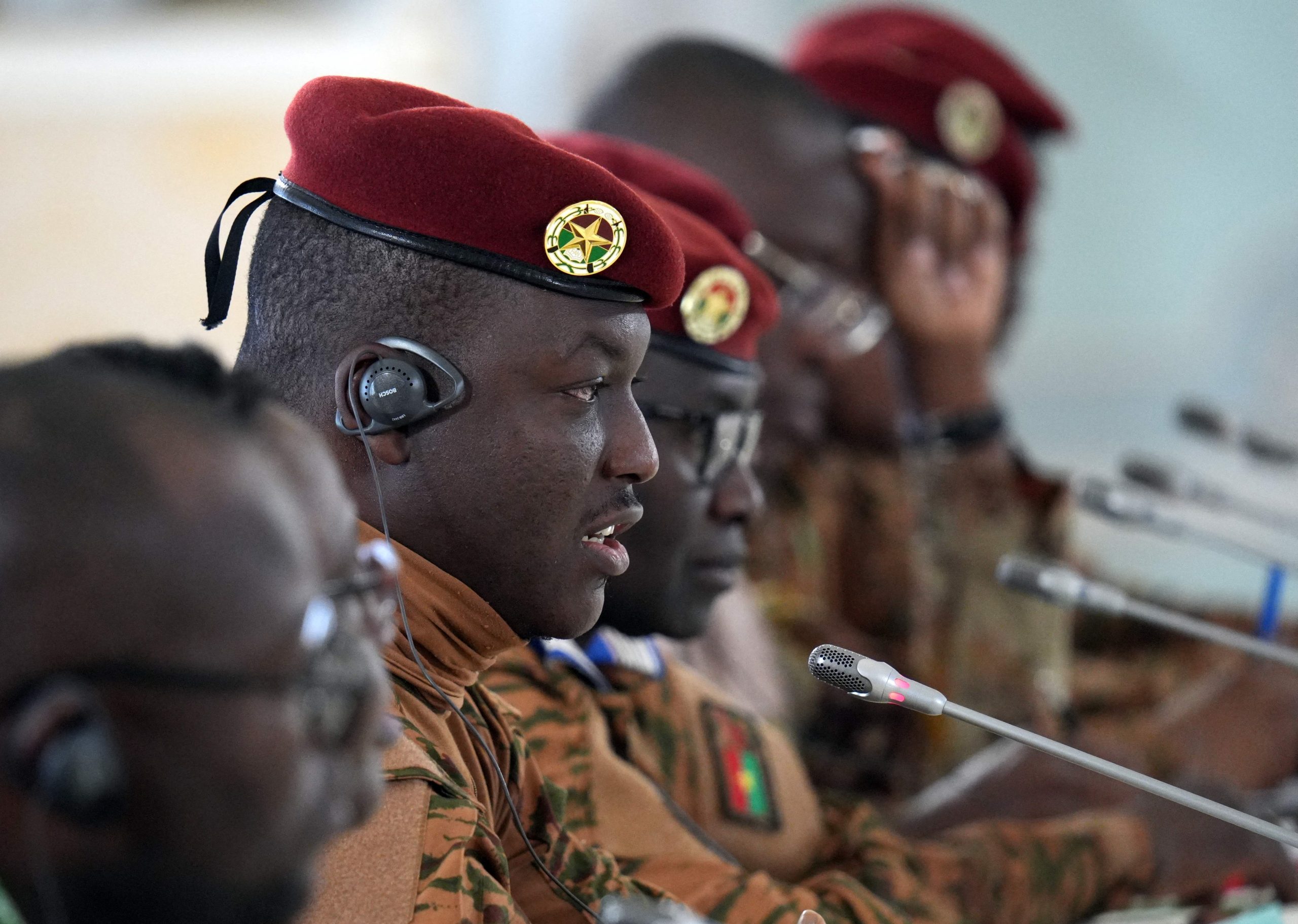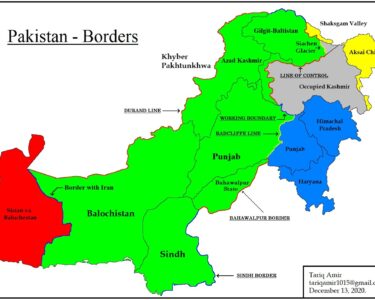The government of Burkina Faso has introduced a new generation of biometric passports, signaling the country’s unwillingness to rejoin the ECOWAS fold despite ongoing calls from regional authorities for a change in stance.
Unlike the previous passports in Burkina Faso, the new version, launched recently, does not feature the ECOWAS logo or any related inscriptions on its cover.
The passports are produced by the Chinese biometrics firm Emptech.
Burkina Faso, along with Mali and Niger, West African countries currently governed by military regimes, announced their decision to leave the 15-nation ECOWAS bloc in January, after being hit with sanctions over military coups.
Reuters quotes Burkina Faso’s Security Minister, Mahamaou Sana, as affirming that, “There is no ECOWAS logo or mention of ECOWAS on this passport.” He added, “Since January, Burkina Faso has chosen to withdraw from this organization, and this is simply the realization of that decision.”
ECOWAS has a policy on visa-free movement for nationals of member states using either the ECOWAS passport or the regional biometric ID card, which was introduced under the World Bank-supported WURI program. Burkina Faso and Niger were among the first six ECOWAS nations to benefit from this initiative.
After Burkina Faso, Mali, and Niger announced their withdrawal from ECOWAS earlier this year, regional officials raised concerns that citizens from these countries would lose access to the ECOWAS passport and ID card.
The new passports will be produced with cutting-edge technology and in compliance with the security standards for travel documents set by the International Civil Aviation Organization (ICAO), the official explained. As part of the new system, the ID agency chief said citizens can now apply for passports online through a simplified and flexible data collection process. Whether at home or abroad, the system is designed to issue passports within 24 hours, and applicants will be able to track the progress of their application.
Earlier this year, the World Bank’s International Development Association approved $150 million in funding to support Burkina Faso’s efforts to build its digital public infrastructure.







